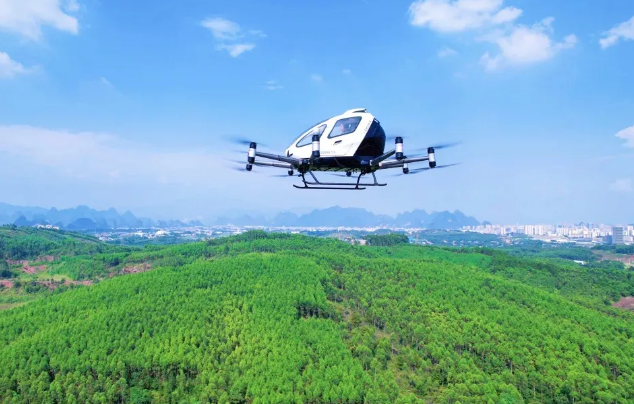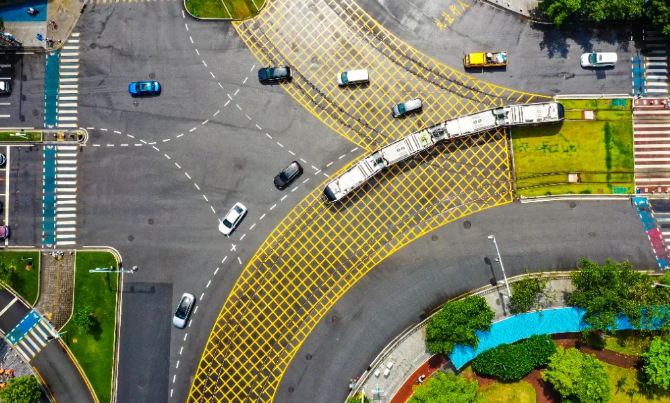Huangpu public data products launched to promote urban efficiency
Updated : 2024-08-14Recently, Guangzhou's Huangpu district held a conference to announce the results of the market-oriented allocation reform of data elements, launching the operation of public data authorization.
During the conference, Guangzhou introduced seven public data products aimed at advancing industrial development, including the low-altitude logistics capacity coordination system in the Guangzhou Development District Science City and the Data Science Vehicle-Road Cooperative Intelligent Driving System. These district-level data products signify important innovations in smart transportation and the low-altitude economy.
The logistics capacity coordination system leverages public data from Huangpu district in conjunction with enterprise-owned data to dynamically allocate drone resources. This enhances drone efficiency and facilitates low-altitude delivery operations, contributing to overall operational efficiency.

Unmanned Aerial Vehicle (UAV). [Photo/WeChat account: guangzhougaoxinqu]
The Intelligent Driving System combines public and proprietary data to provide dynamic road information for smart driving, enhancing vehicle safety and efficiency.
Huangpu has made significant progress in the low-altitude economy sector, driving the development of the low-altitude industry chain and improving urban efficiency. These initiatives are poised to further unlock the potential value of data elements and applications in the low-altitude economy.

Huangpu V2X Intersection. [Photo/WeChat account: guangzhougaoxinqu]
Huangpu is dedicated to advancing the reform of data elements allocation towards a market-oriented approach and building a digital economy. The district envisions maintaining its leadership in utilizing public data to drive the high-quality development of the digital economy and provide support to diverse industries in the future.
- Investment and Entrepreneurship
- Investment Advantages
- Investment Guide
- Policies
- Key Projects
- Major Industries
- Industrial Parks
- Investment Opportunities
- Technological Innovation
- IPR
- Enterprises
- Talents
All rights reserved. Presented by China Daily
粤ICP备16087157号-1










